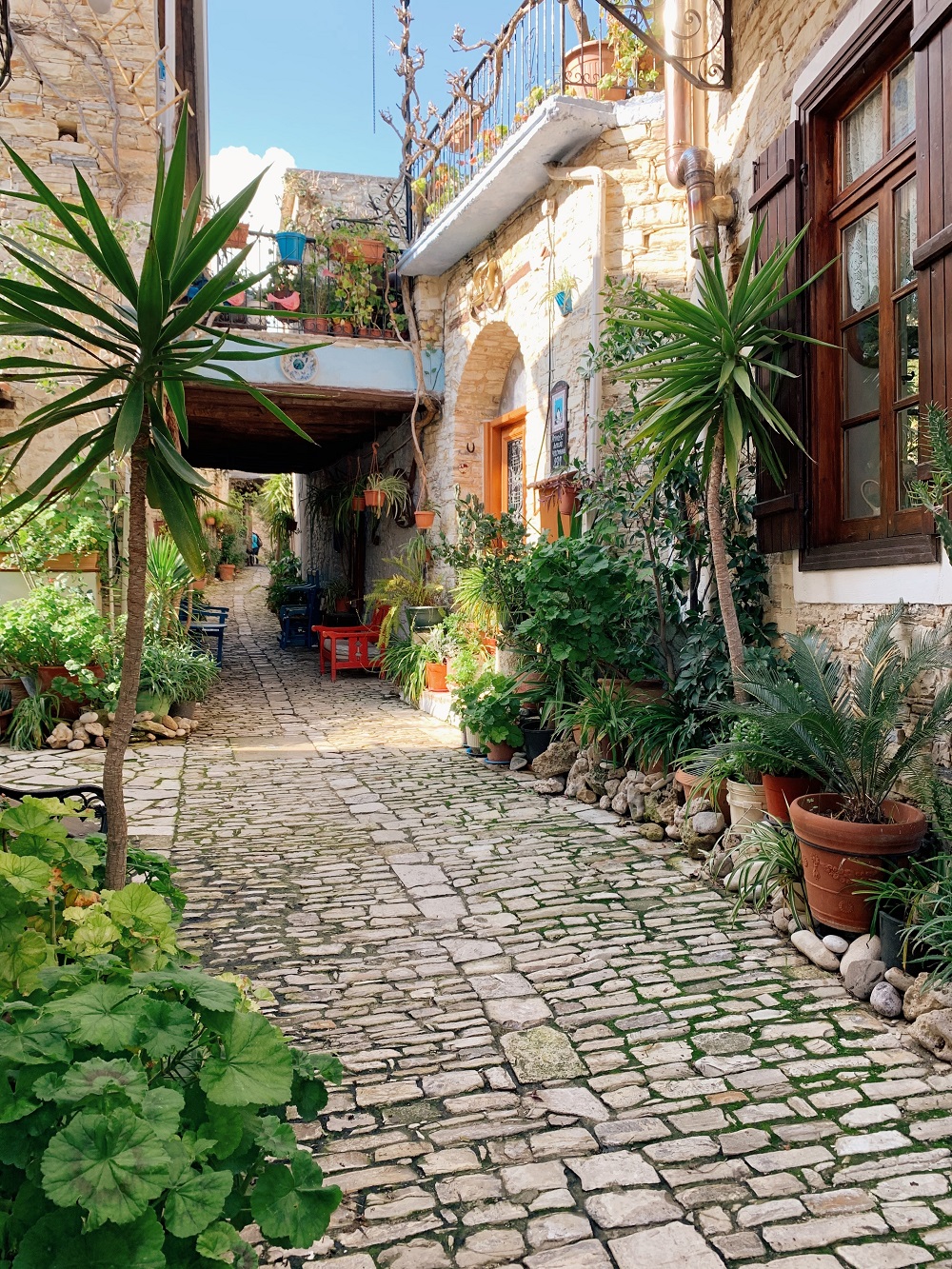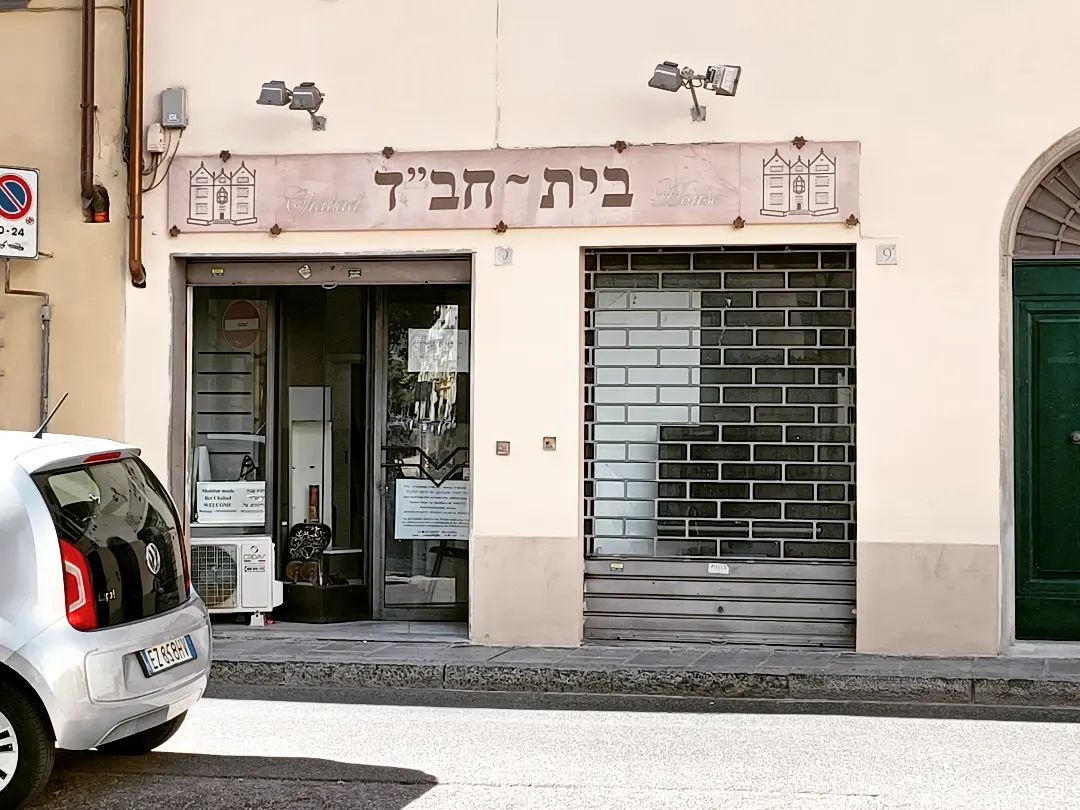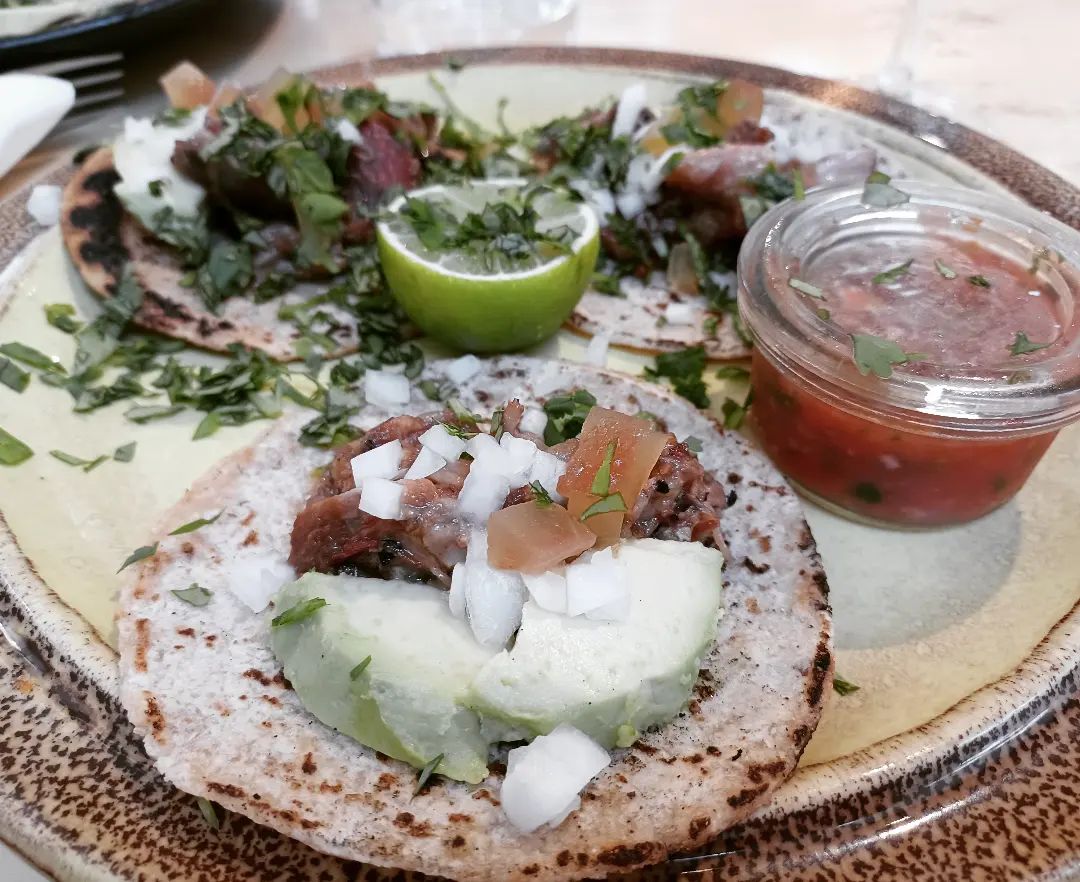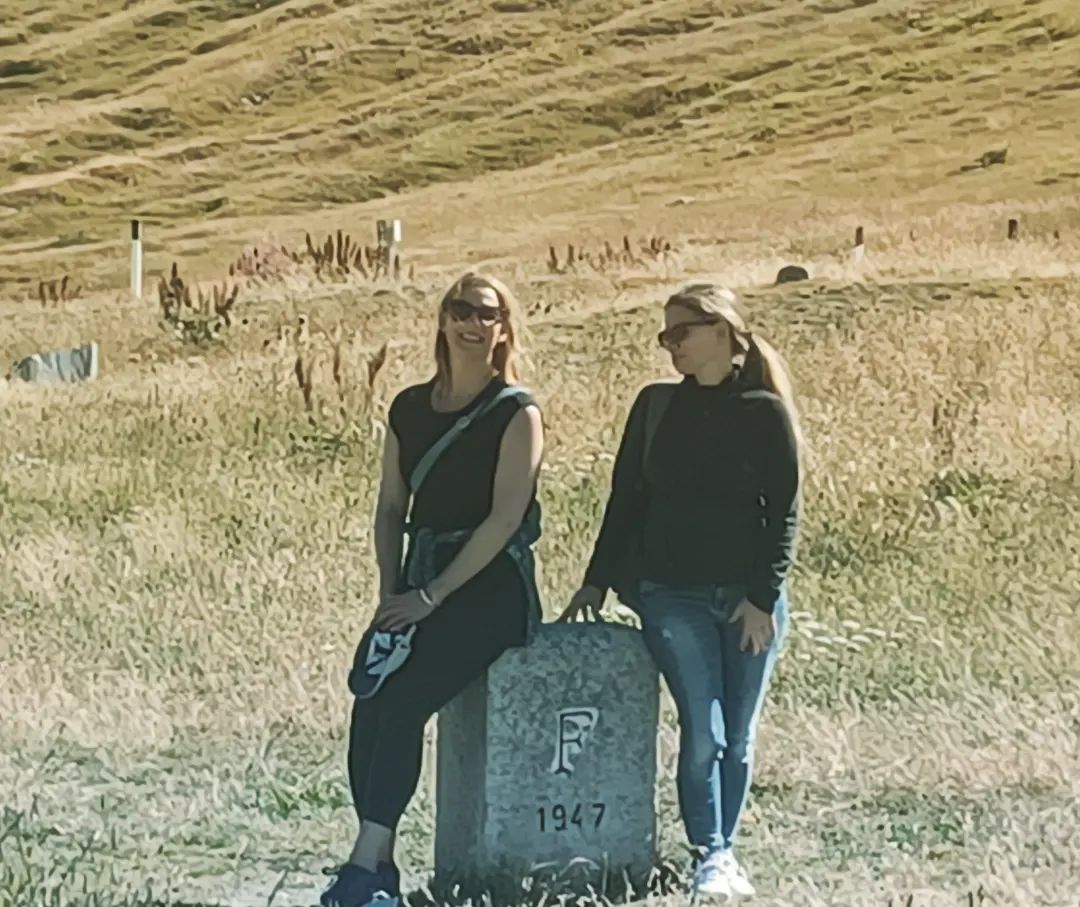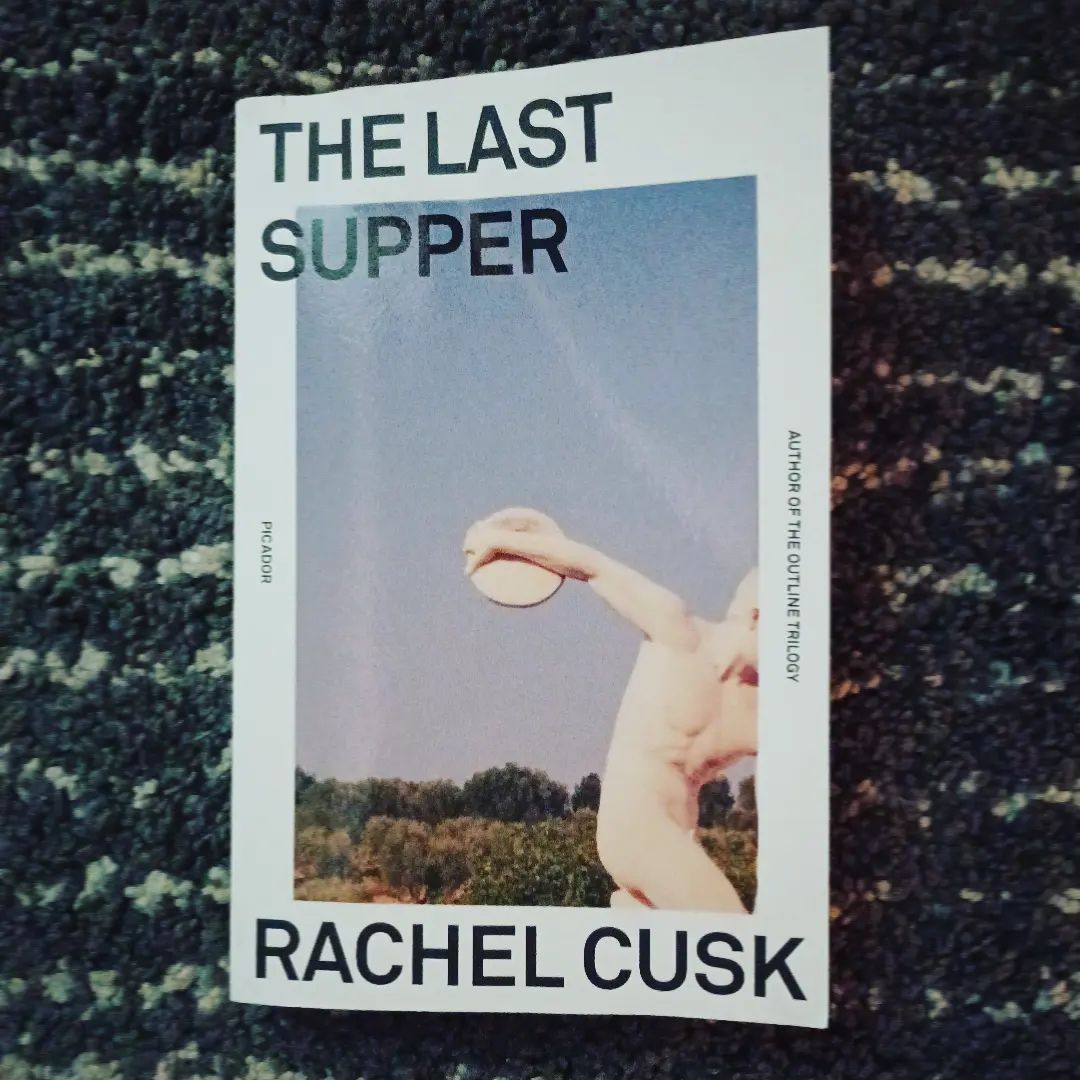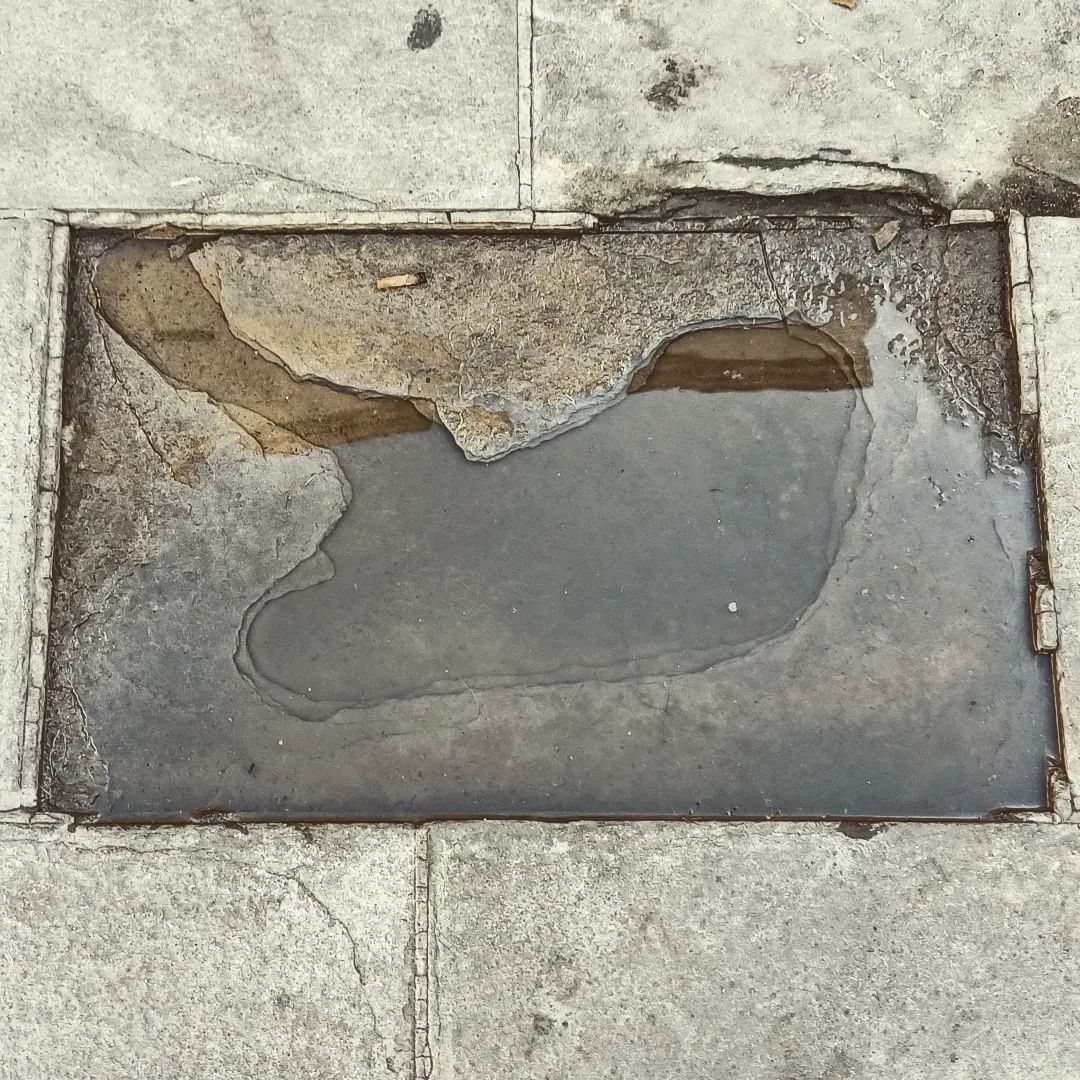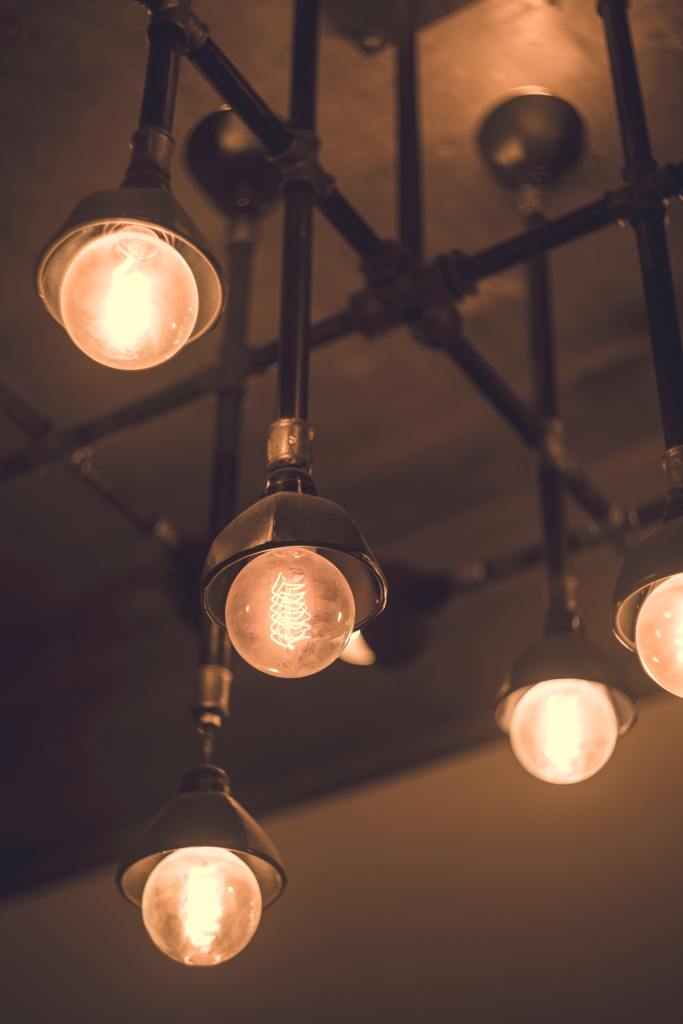
We are in the morning of Day 7 of the general quarantine in Italy.
I have had other experiences in my life that were, in important ways, analogous to this one. One event in particular continues to come to mind. September, 1995. I am living a version of the young and carefree backpacker adventure, Eurail pass in hand, well before the time of smartphones and internet and social media, when you could go from the U.S. to Europe and it was like taking a rocket to Mars. There was no location setting to turn off. I wrote paper letters and made very expensive phone calls to the U.S.
By late September I was in week nine or ten of my adventure, which was meant to be about three months in length before I reported to Strasbourg for graduate coursework, staying with a network of friends across western Europe, most of whom I’d made a couple years earlier when on an exchange program in Spain. I had just turned twenty-two but probably looked about fourteen. I was travelling, at the time, with a very witty Californian named Jessica after we’d crossed paths at the Pensione Sandy in Rome. We both wanted to go to Budapest, and so set off for Assisi, then Venezia. After a lackluster, that is to say, hot and sweaty, sojourn in Venezia, we boarded a train for Budapest. We did not bother to consult where the train might be stopping prior to Budapest. I suppose we thought the tracks were laid as the crowd flies. We were laughing loudly and annoying people in the train carriage. We had two bottles of red wine, and bread and cheese. The loaf of bread was so big that we named it Al and shared it for a few days, eating it with cheese and Nutella.
We made friends with a Hungarian graduate student named Péter, and after a jovial impromptu dinner party, nodded off.
We awoke around midnight, rubbing our eyes. Ljubljana? What the hell – what was this southern loop? We thought this was the Hungarian Express. Where were we? We were on a train to … the Balkans?
You did not know this train goes to Zagreb? Péter deadpanned.
We began to feel nervous. At each stop, military police and soldiers started getting on and off. Jessica pulled on a grey knit beanie. Try to look less … American, she suggested.
Laughing less will help, Péter said. I swallowed. The wine had left a sour taste in my mouth.
ZAGREB. The signs on the platform reflected weak grey under the lamps. The train stopped with a creak and a groan. The military police boarded and began checking passports, one by one. I shrank down into the seat. The dirty glass door slid open. Pasosi! someone yelled. A skinny soldier frowned at us. We all three held out our passports: Hungarian, two American. He took Péter’s Hungarian passport, grimaced, and handed it back. He said something to us that we didn’t understand. He repeated it in German. Ja, wir sind zusammen! Jessica yelled. Her frown was convincing. She was a passable German. Kommen Sie! he shouted to Jessica and me. What about our things? we asked in a panic. Leave them, he shrugged. We looked back at Péter who also shrugged. Shrugging, the international language of who cares. The soldier followed us out of the carriage and onto the platform, where approximately 40,000 working class Slavs were waiting to board the train. Go! he said. We did as he asked and walked into the train station, then out of it, then to the left and down a block. Where are we going? Jessica asked. To the station, he said.
The station waiting room floor was a mosaic of brightly-colored tiles laid in a geometric design. A Romanian couple and a Japanese woman, also from the train, waited nervously on a wooden bench. You speak German? I hissed to Jessica. My teeth were chattering. I was scared.
The police put on a show for us. There was yelling. Why you are here what you do here why you come to Zagreb! Total mistake, so sorry, we said. We were in Venice and woke up here. The chubby police chief snorted. No weeza you have no tranzit weeza! Give us all your American money! I mustered my courage and said, Don’t have any, so sorry. Which was true. I was skinnt. The chief looked like he wanted to rip my passport in half. What money you have! I held out about 40,000 Italian lire. Jessica had a little more. We put it all on the desk. They gave us about 4 rubber stamps each and a sticker, and the soldiers escorted us back to the train. Soldiers were everywhere. This was before the Dayton Peace Accords were brokered the following month.
In our absence the 40,000 workers had boarded the train, going to work outside of the city, but probably no further than Velika Gorica. I was super rattled and anxious. People were hanging out of train windows, wearing blue and grey and black. We got back in the train carriage. They gave us a thumbs-up. Jessica growled, do they mean they stole all our stuff or the bags are still there? But our backpacks were there with Péter, who gave them a friendly pat. Come sit back down, he said. Welcome to eastern Europe.
The remainder of the train journey consisted of blankly looking out the window into the sea of dense fog that settled in the fields. Jessica and I realized that we had no train ticket and our Eurail passes weren’t worth the money they were printed on. Those police and soldiers just wanted us out of there, out of their country as soon as possible. Each time a conductor came by, we had no ticket to give, just our worthless paper Eurail passes, accompanied by our passports still wet with ink stamps that might have carried an additional note saying, give these two idiots an extra-hard time. And they did. No ticket what about supplement! The famous train ticket supplement shakedown by every mustachioed conductor in an ill-fitting, grimy uniform. It was twelve hours of being terrified, not being sure how it would all end, filled with remorse at having started out so naive. Twelve hours of looking at the filthy floor, gazing out the window, making no eye contact. Jessica looked like a hired assassin in her grey beanie. I just looked pathetic. When we arrived in Vienna, relief washed over me that the long and uncertain chapter of terrified waiting had come to an end, knowing that I had made an awful mistake that endangered my safety and could have been avoided, had I but taken a few simple measures to make sure I knew what I was doing and following best practices. I wondered afterward what might have happened had the two idiot American backpackers been taking into police or military custody, or trafficked to who knows where. We had been very, very foolish. It was a lesson I never forgot. Along with how and under what circumstances to stop smiling in public.
This experience is necessarily going to be different for everyone, depending on where you live and with how many people. I understand that my experience is not universal. My aim here is to report how the general quarantine is going here in Tuscany me and my family. I get that other people in the same area may be having a completely different experience, and I respect that. But I believe there’s a little bit of the midnight train to Zagreb in this for everyone.



